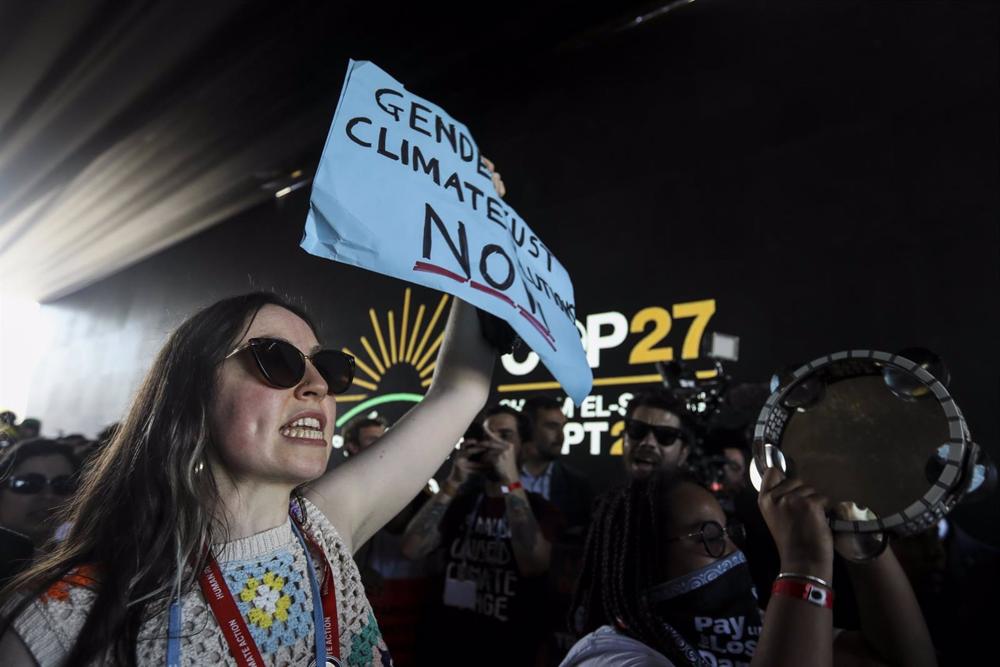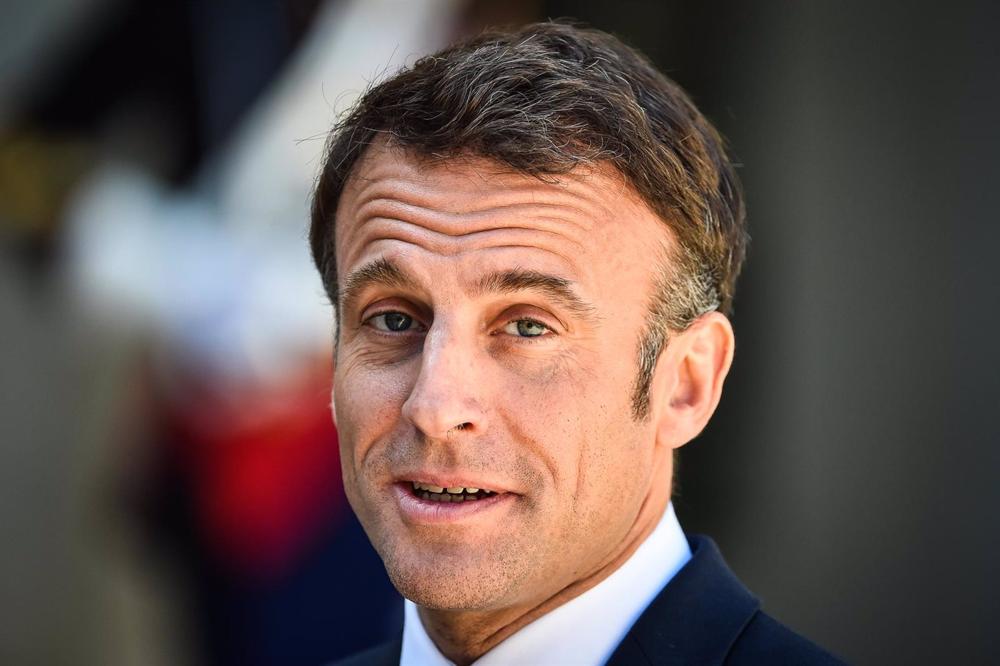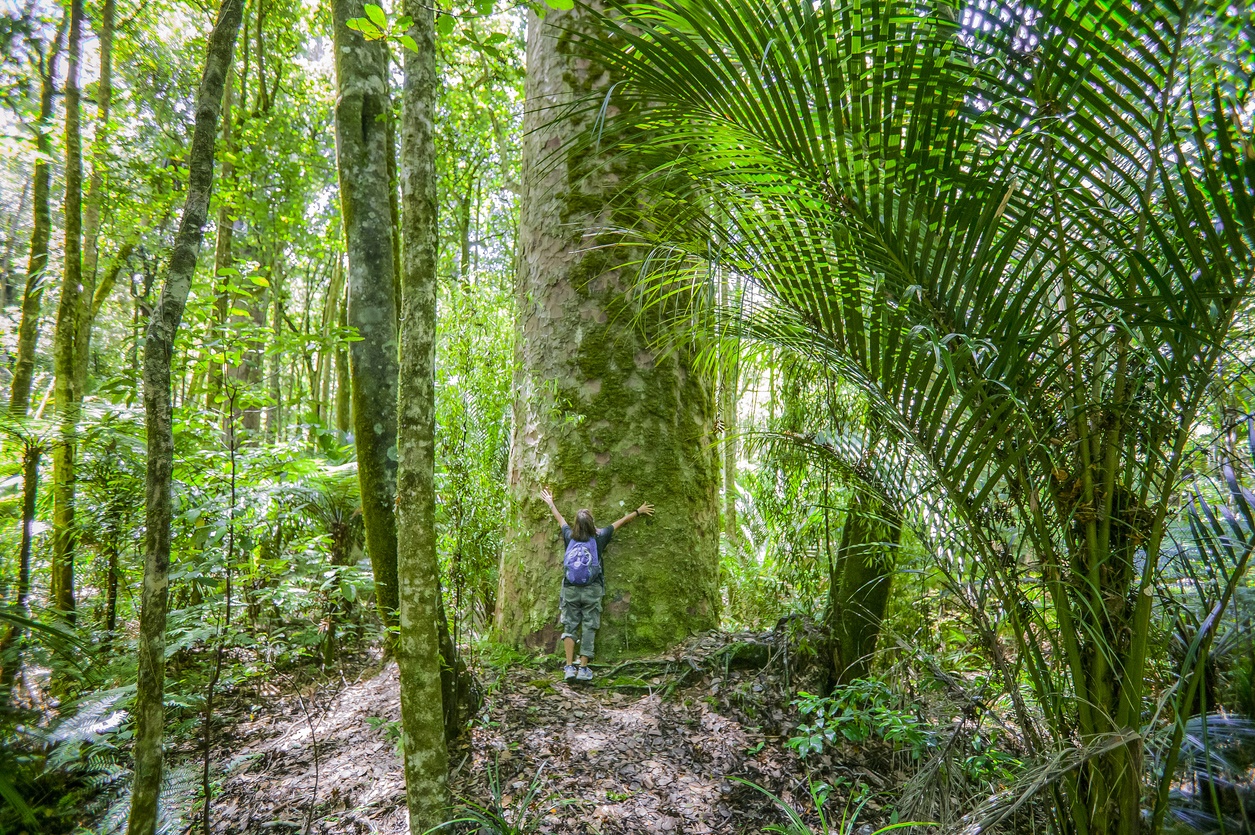
The NGO Human Right Watch (HRW) has called on all countries attending the 27th UN Climate Change Summit (COP27) to reject the recommendations proposed at the conference to eliminate the global carbon market, as the measure fails to establish «basic guarantees» of Human Rights.
On the eve of the COP27 being held these days in the Egyptian city of Sharm el Sheikh, a technical body proposed recommendations to regulate removals as part of a new global carbon market which, according to the organization, would give national governments considerable leeway to set their own rules.
«Member states have been experimenting with carbon offsetting for nearly two decades, with a deplorable track record for people and the planet,» said HRW’s environment director, Richard Pearshouse.
«For carbon markets to continue, the governments that trade them must ensure that they adopt strong rules that address climate change and protect human rights,» Pearshouse said in a statement from the NGO.
Carbon markets refer to exchanges of carbon credits that are supposed to represent carbon dioxide that has been removed or prevented from being emitted into the atmosphere through forest conservation or clean energy projects, among others.
Many corporations and governments purchase carbon credits to claim that they «offset» their own pollution, despite the harmful environmental and social impact of carbon offset projects.
According to HRW, the drafters of the 2015 Paris climate agreement proposed the idea of a «sustainable development mechanism» to certify the validity of carbon credits and link the numerous national and sub-national markets into a global carbon market.
These existing markets, worth billions of dollars, are plagued with problems, including carbon offset projects that violate the rights of indigenous peoples and local communities by displacing them from their lands, the organization has explained.
At COP26 in 2021, member states of the Paris Agreement mandated a technical body to draft rules setting out the operations of the Sustainable Development Mechanism and tasked them to start by proposing recommendations for carbon offsets, including how these can avoid «negative environmental and social impacts.»
This, rather than requiring carbon offset projects to comply with a human rights baseline or global environmental standards, «would allow considerable scope for national governments to write their own rules,» according to HRW.
«This proposal risks driving a race to the bottom,» the NGO has said, noting that jurisdictions with fewer or no environmental requirements could attract investors, who are already pledging substantial sums to carbon markets.
«Safeguards should serve as a solid baseline applicable to all carbon offset projects globally, with national governments able to impose additional conditions, but no less,» HRW has asserted.
«Executives at COP27 should demand that the technical body recommend a robust architecture for this new global carbon market that includes substantial human rights safeguards and an effective grievance redress system, if it is to come into existence, Pearshouse added.






